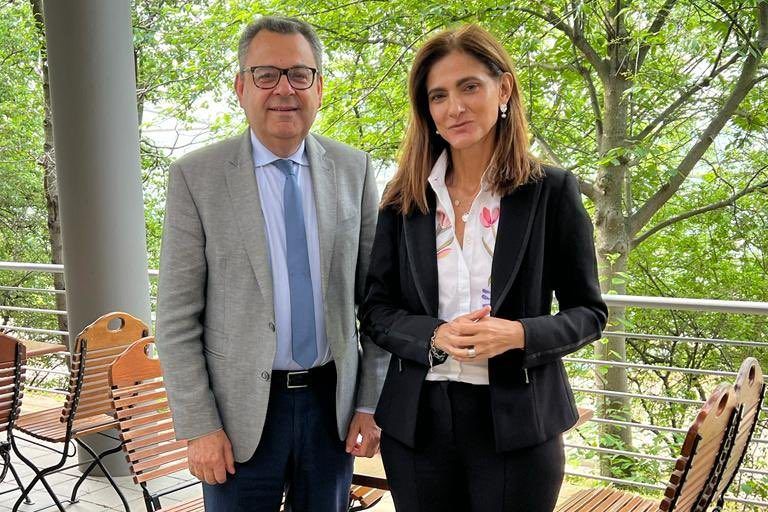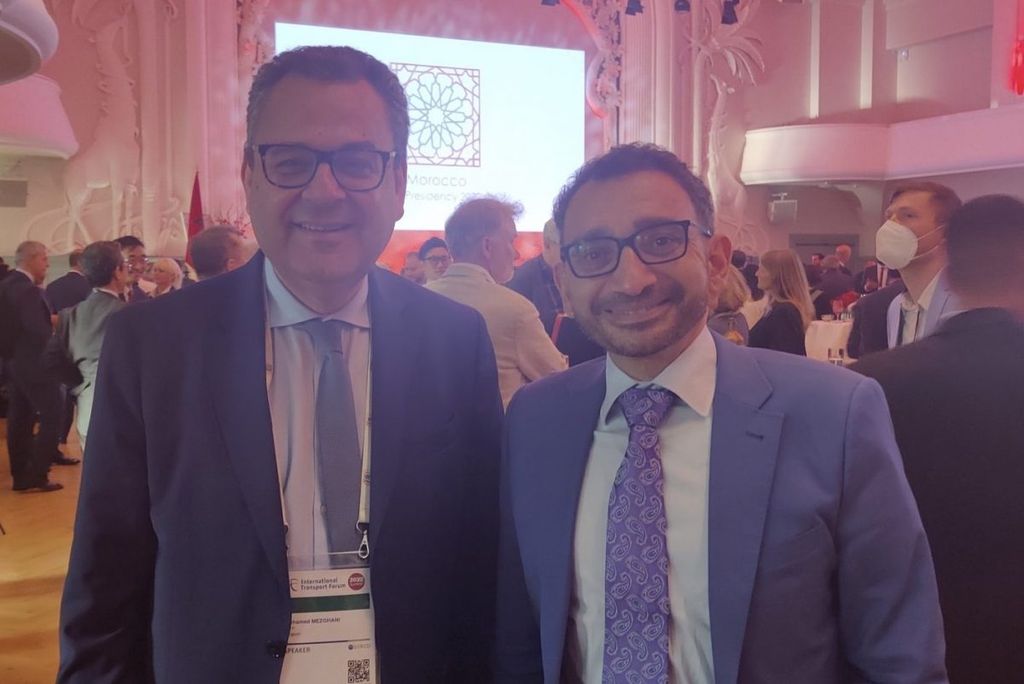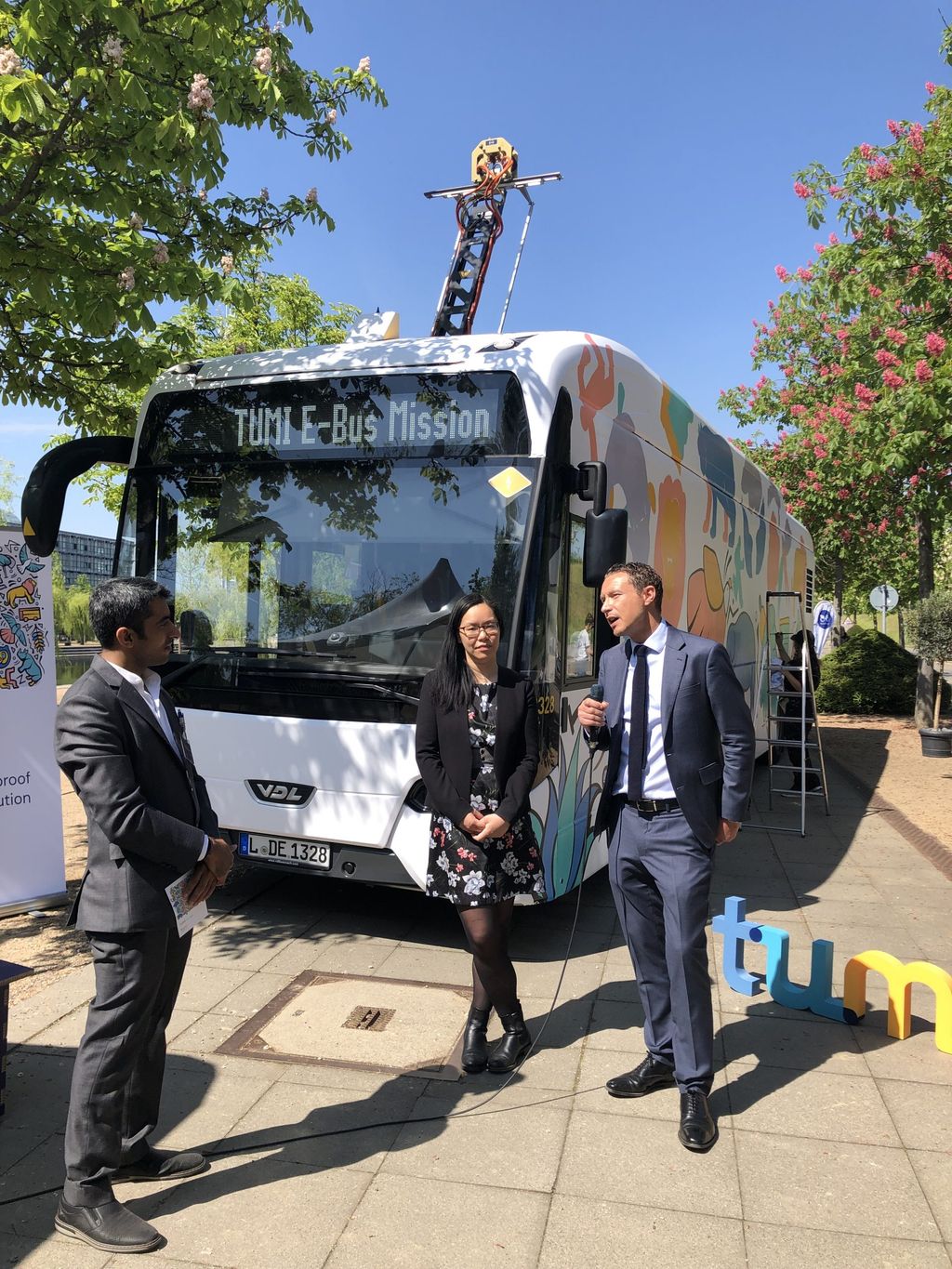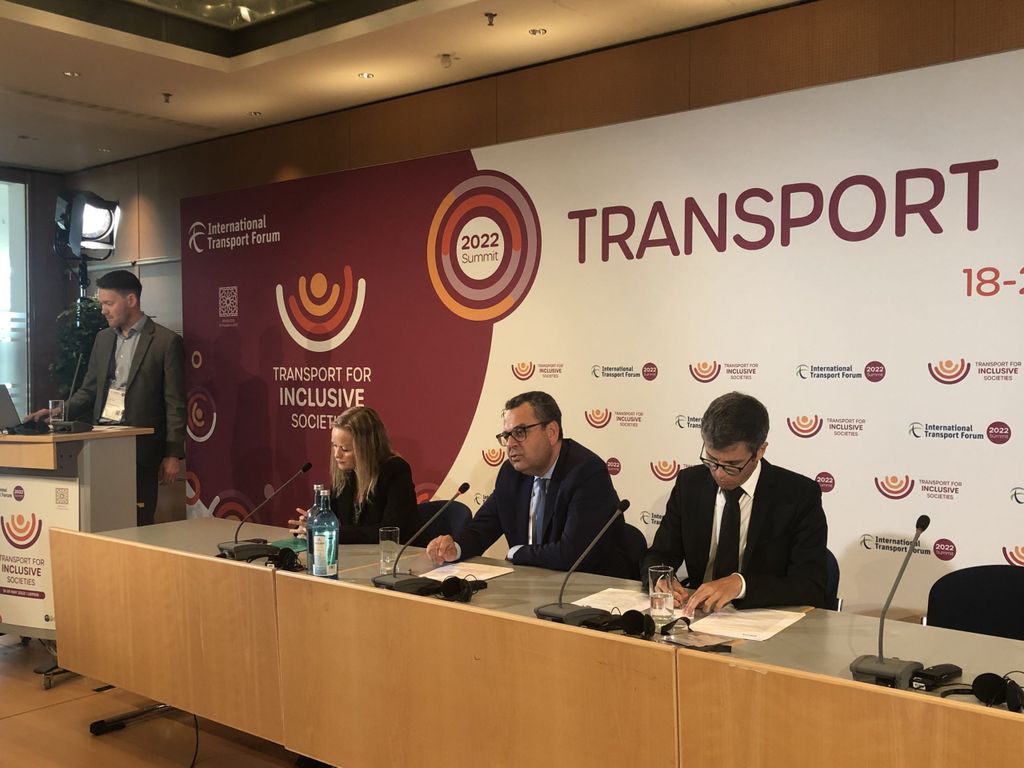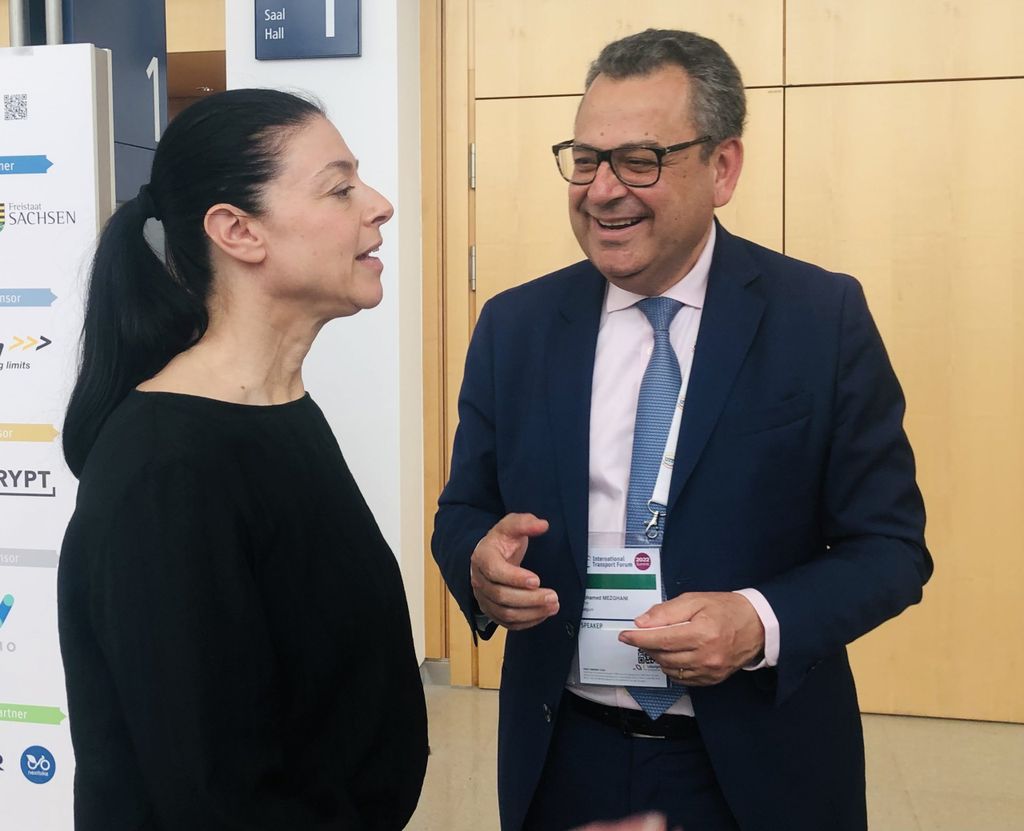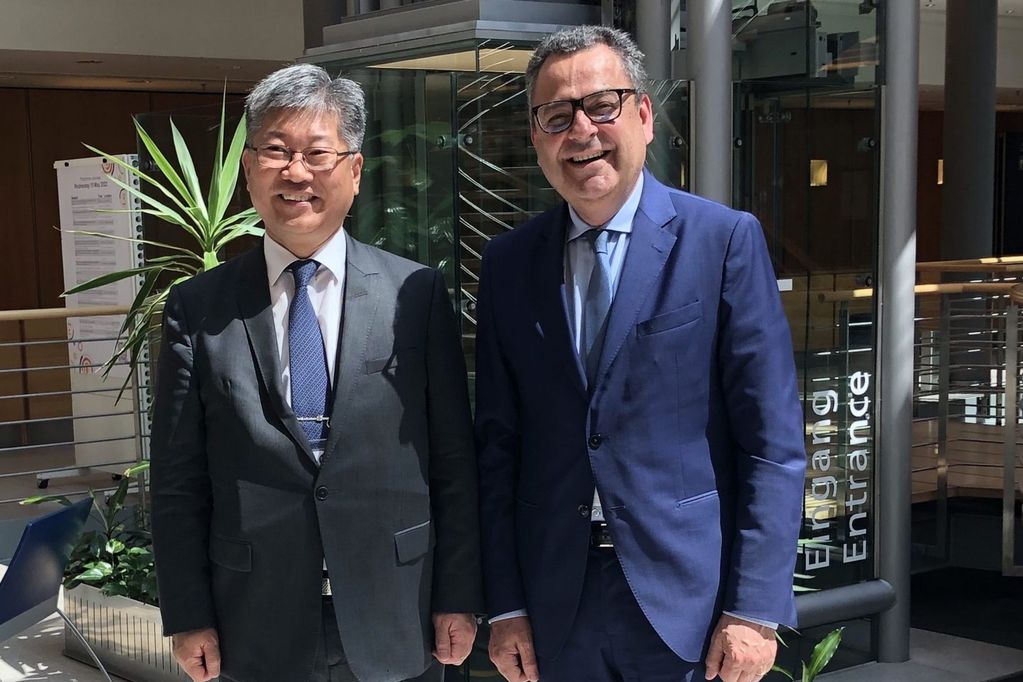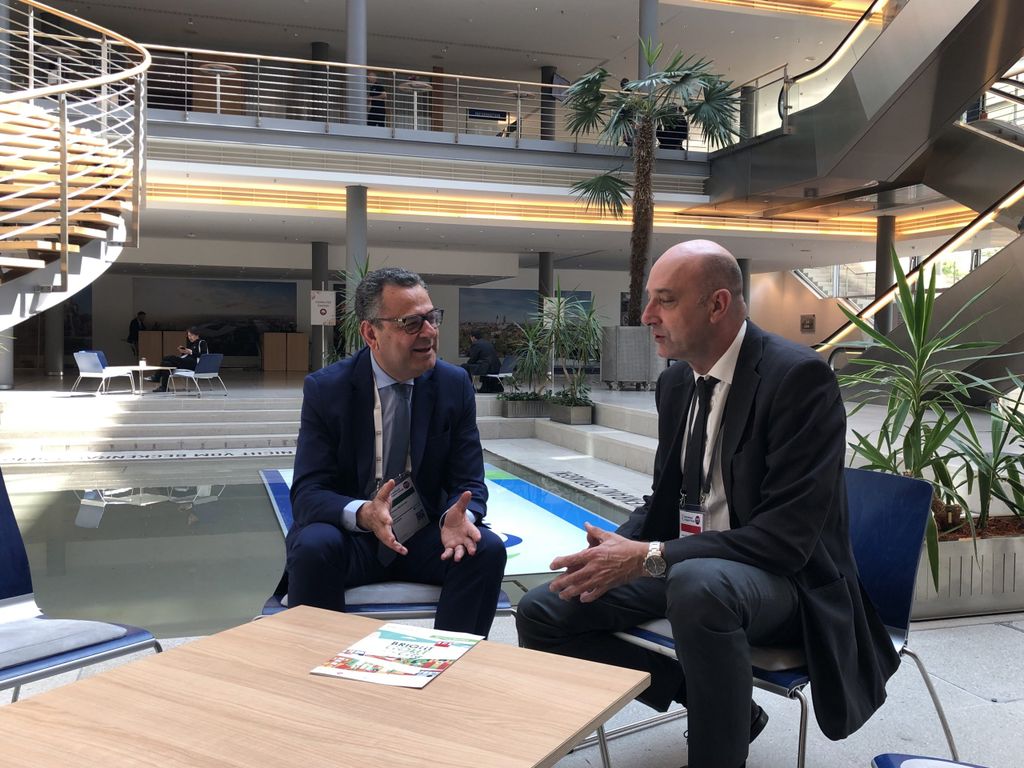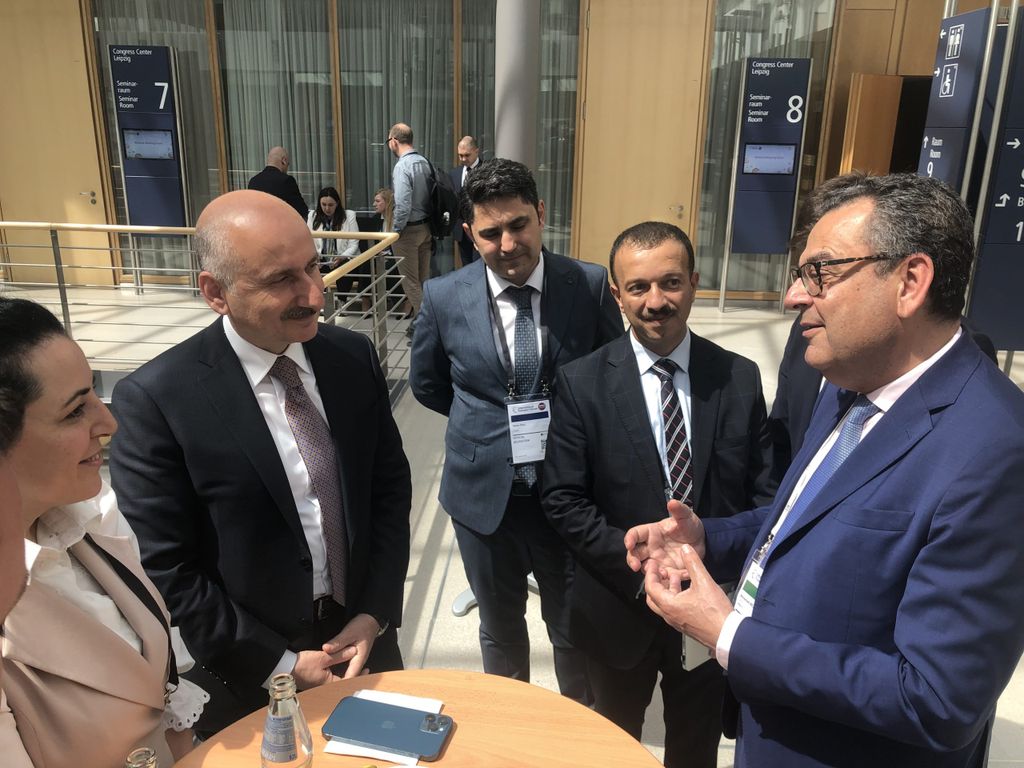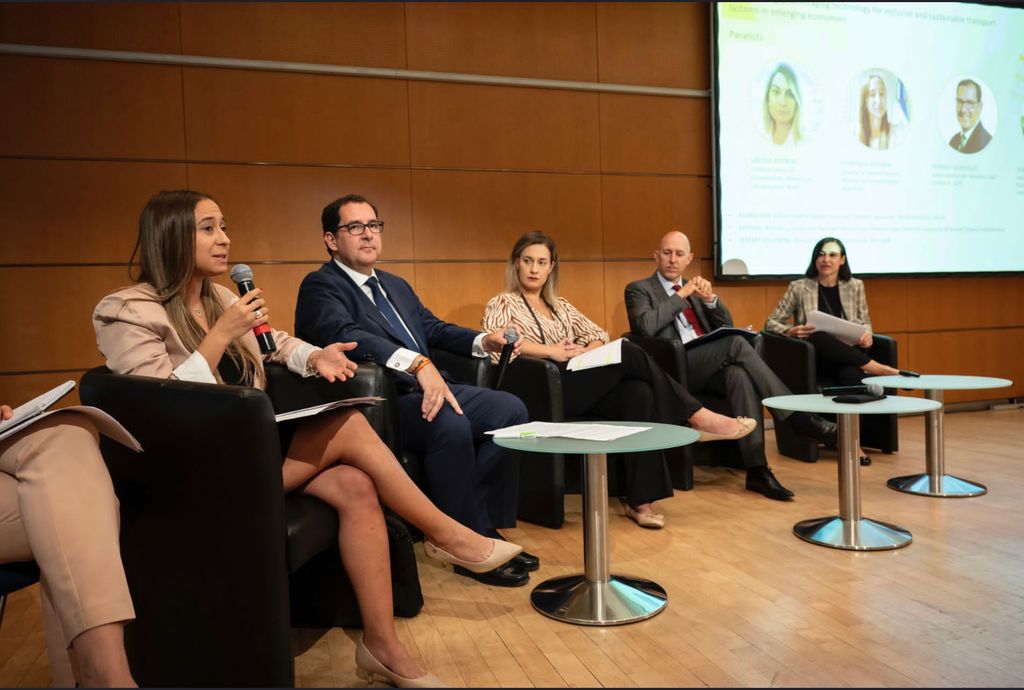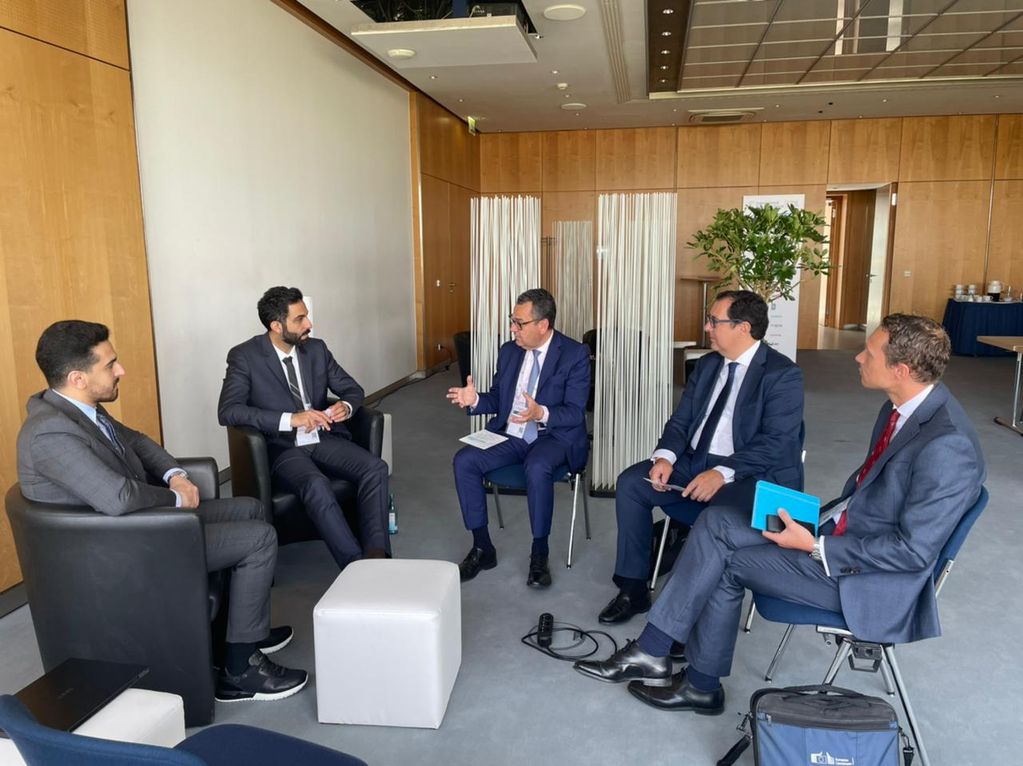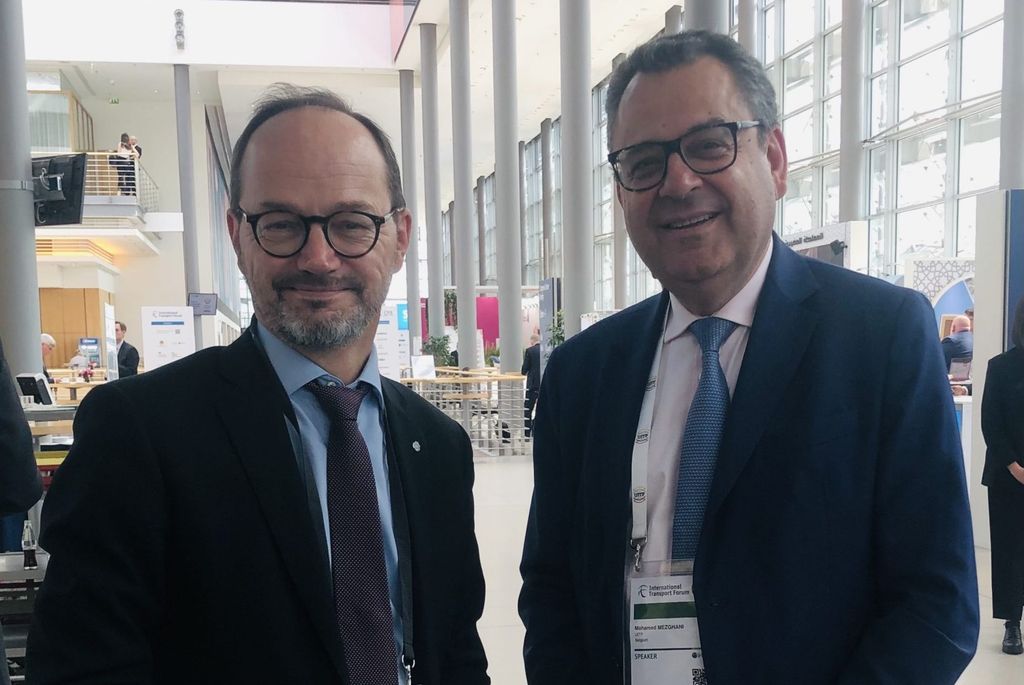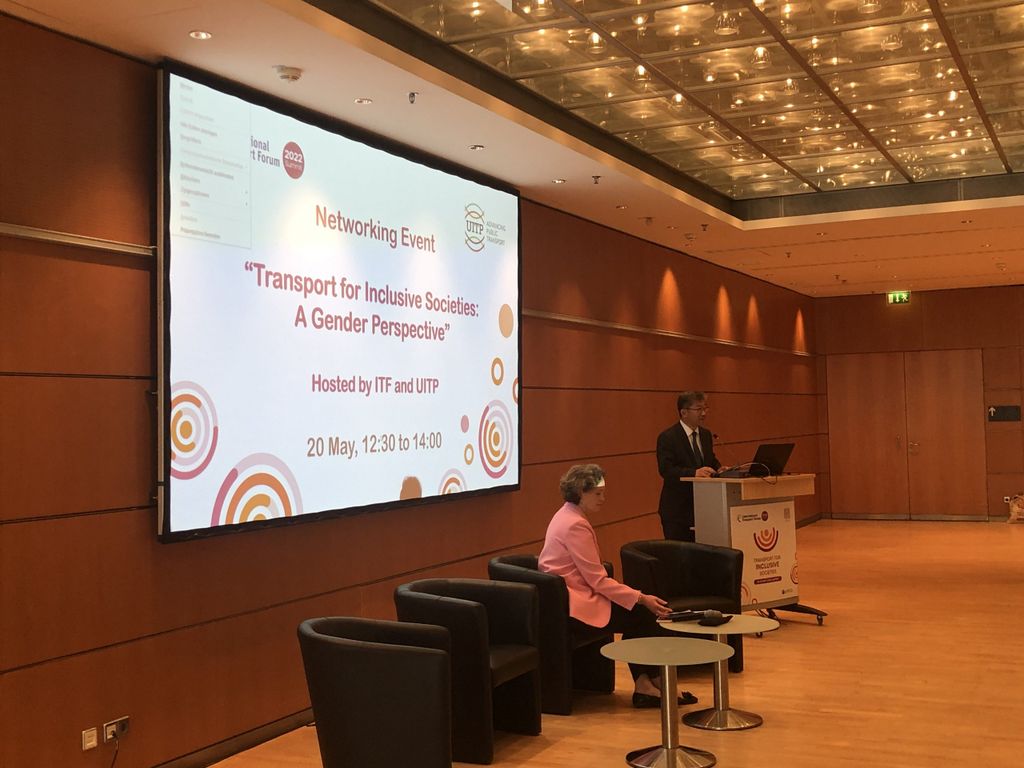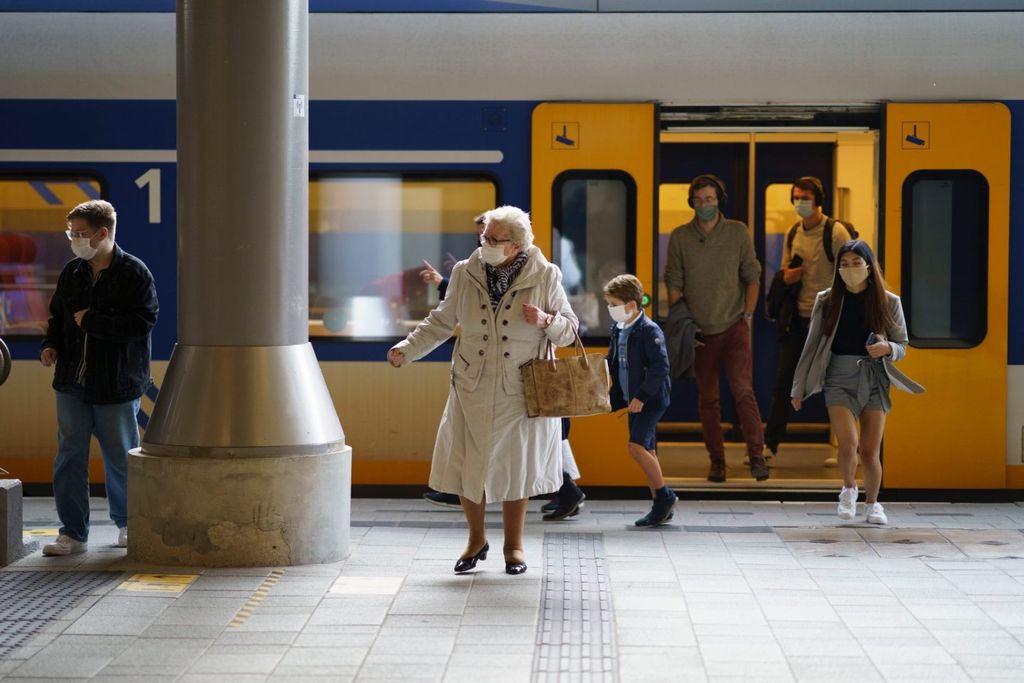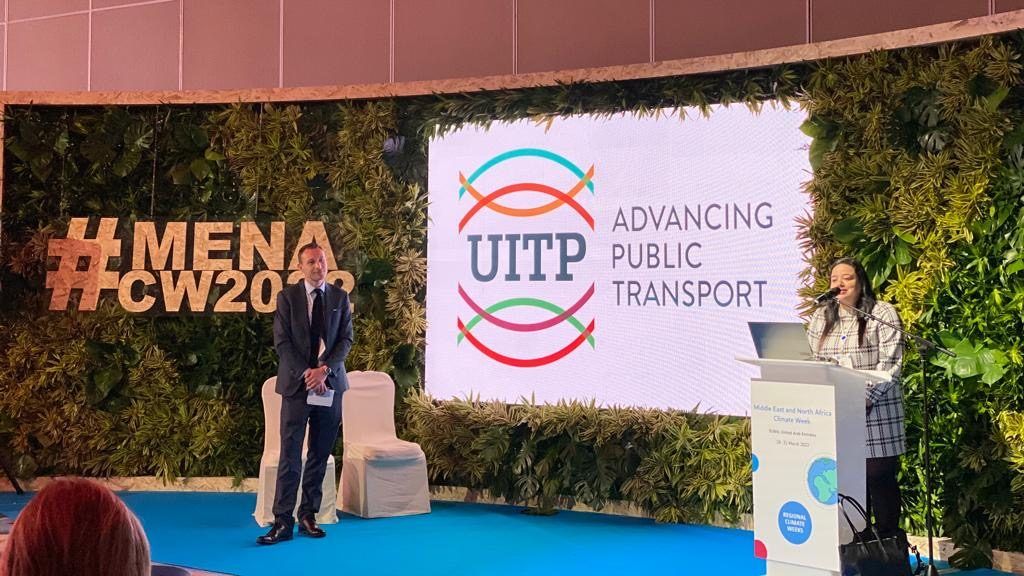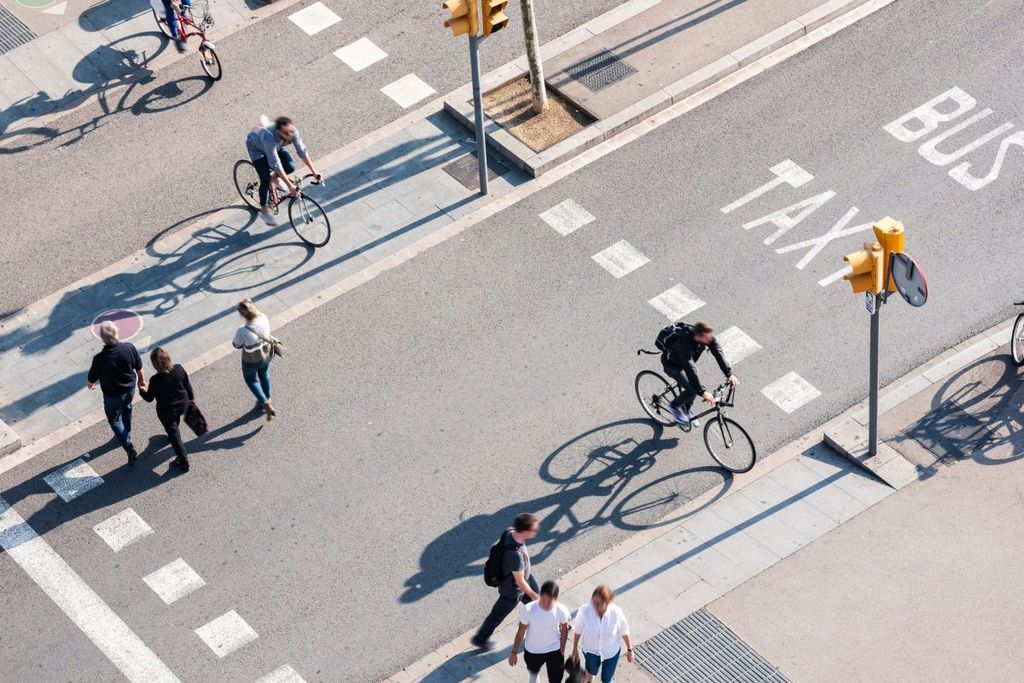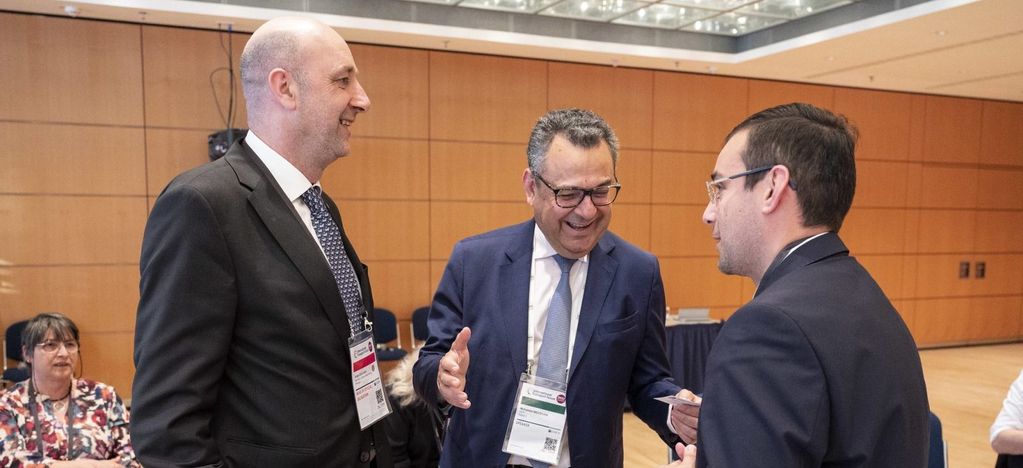
A holistic approach for better cities – UITP at the ITF Annual Summit
UITP joined the International Transport Forum’s Annual Summit last week in Leipzig. On top of speaking in sessions and organising a lunch on advancing the gender balance in public transport, UITP Secretary General Mohamed Mezghani had over a dozen bilateral meetings with ministers from countries like Israel, Canada and Colombia.
The ITF’s Annual Summit is the world’s largest gathering of transport ministers and the leading global platform for dialogue on transport policy. The theme of the three-day ITF Summit was ‘Transport for Inclusive Societies’.
UITP’s involvement in the Summit offers an opportunity to engage with decision makers and key international organisations to promote public transport, and forge partnerships with key global organisations and financial institutions. This helps to take forward UITP’s core advocacy mission, and share best practices and knowledge to enhance our capacity to deliver.
Equal opportunities through public transport
People need to get to work, children need to get to school, and residents and visitors need to be able to get around town. A lack of affordable, safe and efficient public transport has a substantial impact on quality of life.
Public transport offers equal opportunities for all citizens, independent of their social standing. It provides access to the most essential functions of a city and costs 16 times less than owning a personal car.
The discussions at ITF made it clear that many governments are starting to think differently about public transport and how lack of access is denying vulnerable populations – the poor, the elderly, and the disabled – of their basic needs and aspirations.
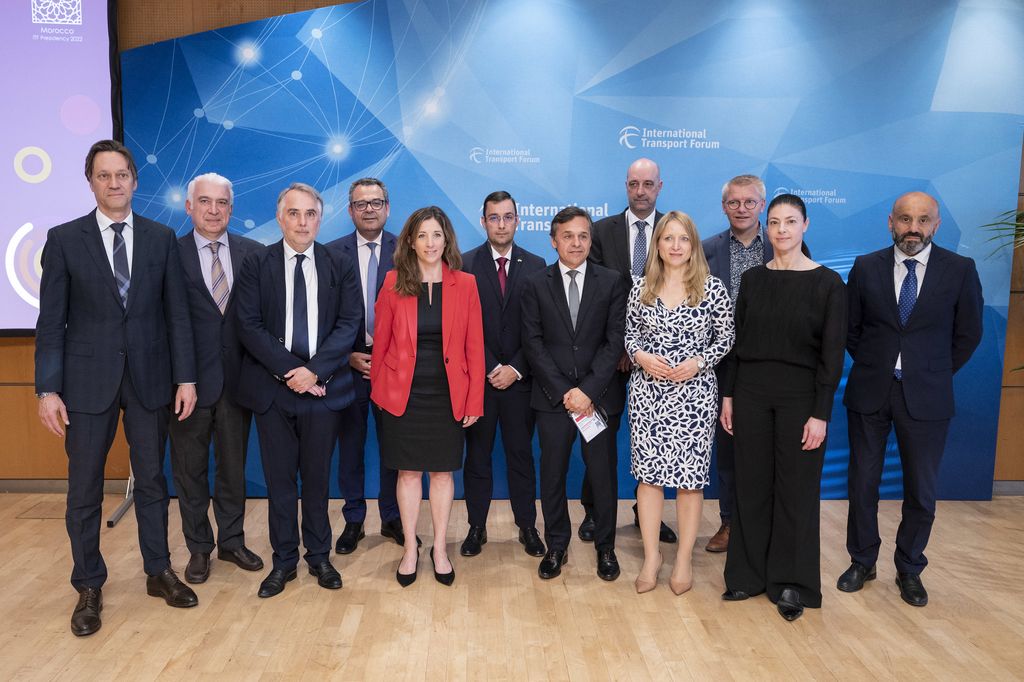
Looking ahead to COP27
At the ITF, UITP had bilateral meetings with development banks such as the World Bank, Inter-American Development Bank, Corporación Andina de Fomento and several Transport Ministers and delegations from Argentina, Belgium, Brazil, Canada, Colombia, Chile, Israel, Morocco, Portugal, Romania, Saudi Arabia, Spain, Sweden, Turkey and the United Kingdom. The conversations revolved around the fundamental role of public transport to achieve the Sustainable Development Goals and specifically what to do concerning the climate talks scheduled for the end of the year.
At the Transport Ministerial meeting, looking ahead to COP27, the unanimous opinion is that public transport must be at the heart of any resilience and decarbonisation plans, boosting social inclusion.
Our message was clear and simple: to meet our decarbonisation and equity goals, we must scale up investments in public transport and put in place the right governance. UITP also made clear on the need to build on the discussions in Leipzig and reconvene a transport ministerial meeting, at a day dedicated to transport at the end of the year in Sharm El Sheikh.
UITP Secretary General Mohamed Mezghani, left, with Colombian Minister for Transport Ángela María Orozco, right.
A holistic approach for livable cities
Policy makers need a holistic approach with a scope wider than simply involving air quality, climate and environmental impacts. But an approach which also considers the impacts on health, social inclusion, road safety, competitiveness, growth and so on. Throughout ITF, UITP shared its data on the recovery of ridership and the renewed priorities post-pandemic.
There was positive feedback on UITP’s approach which considers public transport door to door (with mass transit as the backbone complemented by on-demand and shared mobility solutions) and not just station to station. That’s the only way to reduce car traffic and give cities back to people.
Another important highlight was a lunch session on the gender perspective that UITP co-organised with ITF. Participants discussed ways to have more women working in public transport in order to better serve female travellers. UITP is actively working for more gender balance in the sector. Women need public transport and public transport needs women. So, our role is key.
The ITF Summit has shown that the advocacy which UITP and its partners have been deploying is bringing positive results for more and better public transport for all.
become a member

